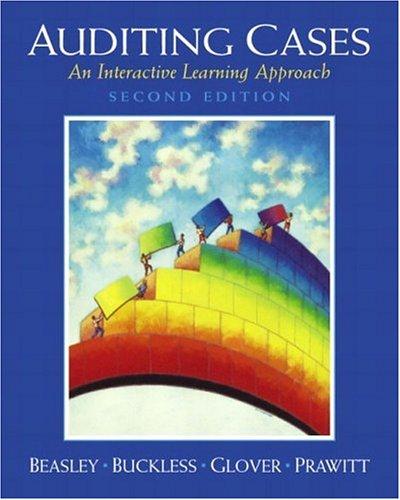Answered step by step
Verified Expert Solution
Question
1 Approved Answer
what is response to the following - Waiting-line theory is commonly used to analyze the service capacity of the system. The goal of waiting-time analysis
what is response to the following - Waiting-line theory is commonly used to analyze the service capacity of the system. The goal of waiting-time analysis is to find the balance between the size of the queues of the customers who are waiting to receive the service and the cost of providing the service (Alam, 2021). To illustrate the types of information that can be obtained through waiting-line analysis, let's define its key elements: Entry points: Entry points are specific locations where customers enter the queuing system (Lavi Industries, 2014). Queuing theory examines how customers arrive and whether arrivals follow a certain pattern (e.g., Poisson process for random arrivals). Understanding the arrival process helps in predicting the rate at which customers enter the system. Arrival rates may vary by the season, month, week, or even hours of the day. Waiting lines: Even if the company is operating under capacity, due to the customers arriving randomly new customers often have to wait to be served. Two key metrics here are the average number of customers waiting in line and the average time spent in line (Lavi Industries, 2014). Service channels: After waiting in line, the customer finally reaches the specific service channel
Step by Step Solution
There are 3 Steps involved in it
Step: 1

Get Instant Access to Expert-Tailored Solutions
See step-by-step solutions with expert insights and AI powered tools for academic success
Step: 2

Step: 3

Ace Your Homework with AI
Get the answers you need in no time with our AI-driven, step-by-step assistance
Get Started


